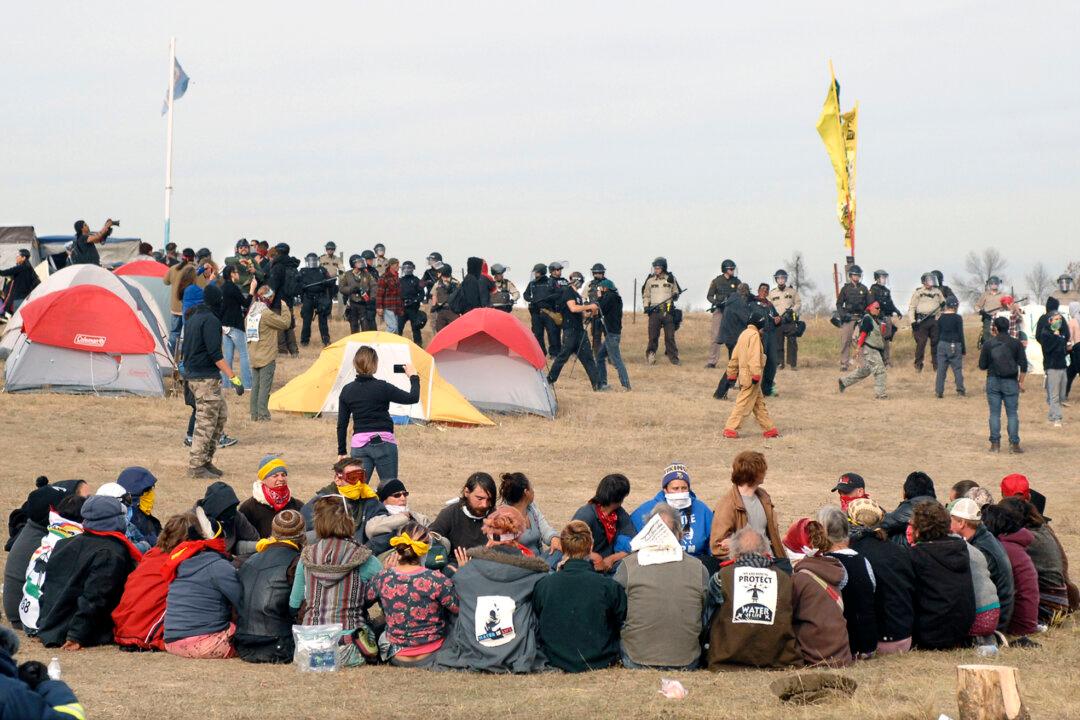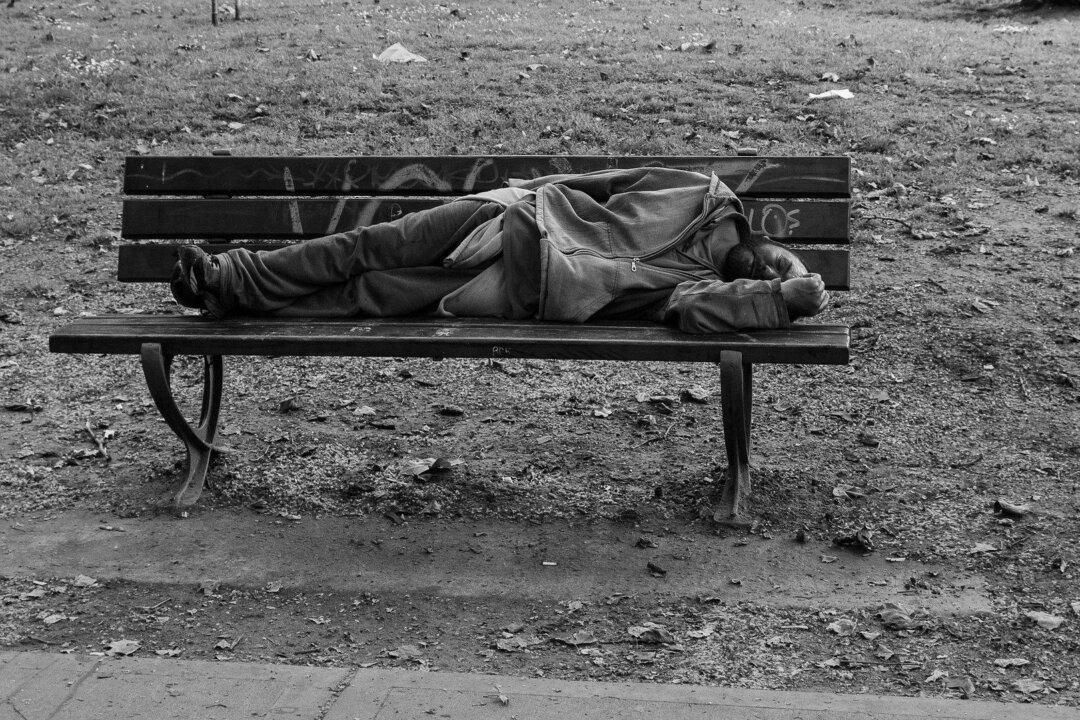Dr. Zaman Stanizai is a professor of Mythological Studies at the Pacifica Graduate Institute in Santa Barbara, Calif. He also teaches Political Science at California State University, Dominguez Hills. As a Fulbright scholar, he has worked in Indo-Iranian languages and as a political scientist he writes on the politicization of ethno-linguistic and religious identities in regional conflicts. He blogs on Huntington Post, the Middle East Institute, and ArticlesBase.com, as well as in Stanizai.org.
SBB: What is your overview of the political election as an event from a historical perspective?
ZS: The overwhelming dissatisfaction with the outcome of the 2016 presidential election is a symptom of a serious dysfunction in the American political system.
The U.S. Constitution was designed to serve the small, newly independent union on the North American continent in the 18th century. The founding fathers have to be commended for having the vision, wisdom, and foresight in designing a political system that has lasted far beyond anyone’s expectations and for drafting a constitution that has served well most of the people for most of its early history.
However, in view of the 21st-century reality where the United States is a global power, there are serious incompatibilities in the U.S. Constitution that need to be resolved. Not only are there unresolved controversies such as the interpretation of the Second Amendment, but there is also a need for the realignment of the dated U.S. Constitution with those of the many states that have been reformed through constitutional conventions more than 230 times since the founding of the country, according to Sanford Levinson, a law professor at the University of Texas and author of Our Undemocratic Constitution.
SBB: The electoral college system?
ZS: A reform of a more urgent nature has to be considered in view of the more controversial presidential elections since the turn of the century, where virtually every one of the presidential elections was fraught with systemic irregularities: From the slavery-era Electoral College that effected the 2000 and 2016 elections, to the closely-tied winner-take-all arrangement that has created the so-called battleground states and thereby virtually disenfranchises the great majority of the American people outside of these battleground states.
SBB: The two-party system?
ZS: An equally serious and urgent problem to resolve is ending the two-party monopoly in the American political system. This, arrangement, too, disenfranchises a considerable percentage of the American electorate who are regularly forced to choose between the lesser of the two evils instead of having a meaningful choice in electing from a wide array of candidates.
SBB: How does the election of a person with this type of background become elected to the highest office in the land? Is money infecting the American political process, and how will this be interpreted by the largest country in the world, China?
ZS: A third essential reform is the constitutionally decreed public financing of the election process in order to make the United States truly a government of the people and not merely the best democracy money can buy. Along with this reform, the use of the public airwaves ought to be returned to the public, at least during periods of election years, so that public airwaves can serve the public interest rather than corporate greed. Thus, this for-profit use of the public airwaves should at least have partially non-profit public benefit segments during election years.
SBB: You and I have spoken of a new constitutional convention.
ZS: Such a constitutional convention should be convened with the participation of a non-partisan majority so that the stranglehold of the Democratic and Republican monopoly can be terminated at the same time.
ZS: Thank you, Zamon.
SBB: Thank you, Shelley.



